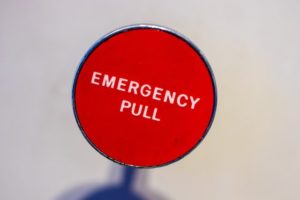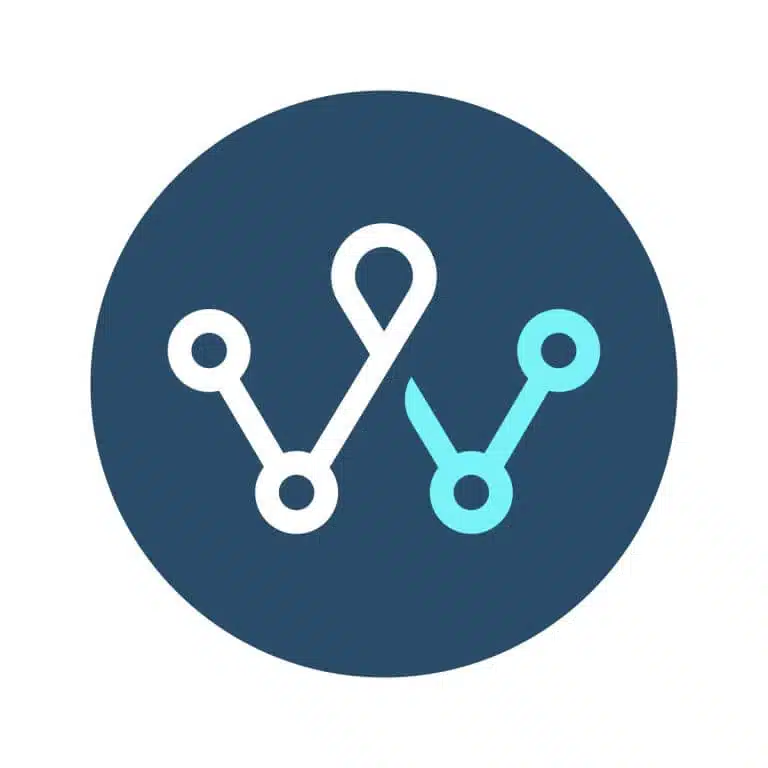By: Cass Mieczakowski, Director of Engineering
Customer Communication Management (CCM) is a critical aspect of enhancing customer experiences and driving operational efficiency for businesses. Thus, it is essential to measure and monitor key metrics and key performance indicators (KPIs) such as response time, error rates, customer feedback, first contact resolution, cost per contact, and document delivery speed. We’ve outlined why these metrics are important for your business and how you can gather data and drive your business forward.
1) Response Time
Response time measures how quickly an organization responds to customer inquiries, requests, or complaints. This metric encompasses communication channels such as email, phone calls, live chat, or social media. Reducing response time is crucial as it enhances customer satisfaction, increases engagement, and reduces the risk of losing customers to competitors.
2) Error Rates
Measuring the frequency of errors in documents, invoices, statements, and other communication materials helps identify process inaccuracies, highlight inefficiencies, train employees, and implement quality control measures. High error rates can lead to customer dissatisfaction, delayed processes, and increased operational costs. To streamline operations, it is essential to calculate the error rate by dividing the number of errors found by the total number of materials reviewed, set a benchmark for an acceptable error rate, and track progress in reducing errors over time.
3) Customer Feedback
Customer feedback is a valuable metric for evaluating the effectiveness of CCM processes. Monitoring customer feedback helps identify areas of improvement, measure customer satisfaction levels, and align CCM strategies with customer expectations. Along with customer surveys, rating, and reviews, customer satisfaction scores and Net Promoter Score (NPS) can be used to gauge customer feedback.
4) First Contact Resolution (FCR)
First Contact Resolution (FCR) measures the percentage of customer inquiries or issues resolved during the first interaction with a customer service representative. It reflects the organization’s ability to provide prompt and satisfactory solutions and is crucial for assessing operational efficiency in CCM. High FCR rates indicate efficient processes, well-trained staff, and effective knowledge management systems, resulting in improved customer experiences and reduced operational costs.
5) Cost per Contact
Cost per Contact refers to the average cost incurred by an organization for each customer interaction. It includes expenses associated with staffing, training, technology, and infrastructure required for customer communications. Monitoring cost per contact helps identify cost-saving opportunities, streamline processes, and optimize resource allocation.
6) Document Delivery Speed
The time taken to deliver critical customer documents — invoices, statements, and notifications — is crucial for maintaining customer satisfaction and ensuring compliance with regulatory requirements. By tracking document delivery speed, businesses can identify bottlenecks and optimize document production and distribution processes. Calculating the average time taken to deliver critical customer documents, monitoring the end-to-end process, and setting benchmarks for document delivery speed are essential for continuous improvement.
Measuring and monitoring key metrics and KPIs is essential for evaluating and improving operational efficiency in Customer Communication Management (CCM). By leveraging these metrics, your business can identify areas for improvement, optimize operations, enhance customer experiences, and drive organizational success in an increasingly competitive marketplace.




